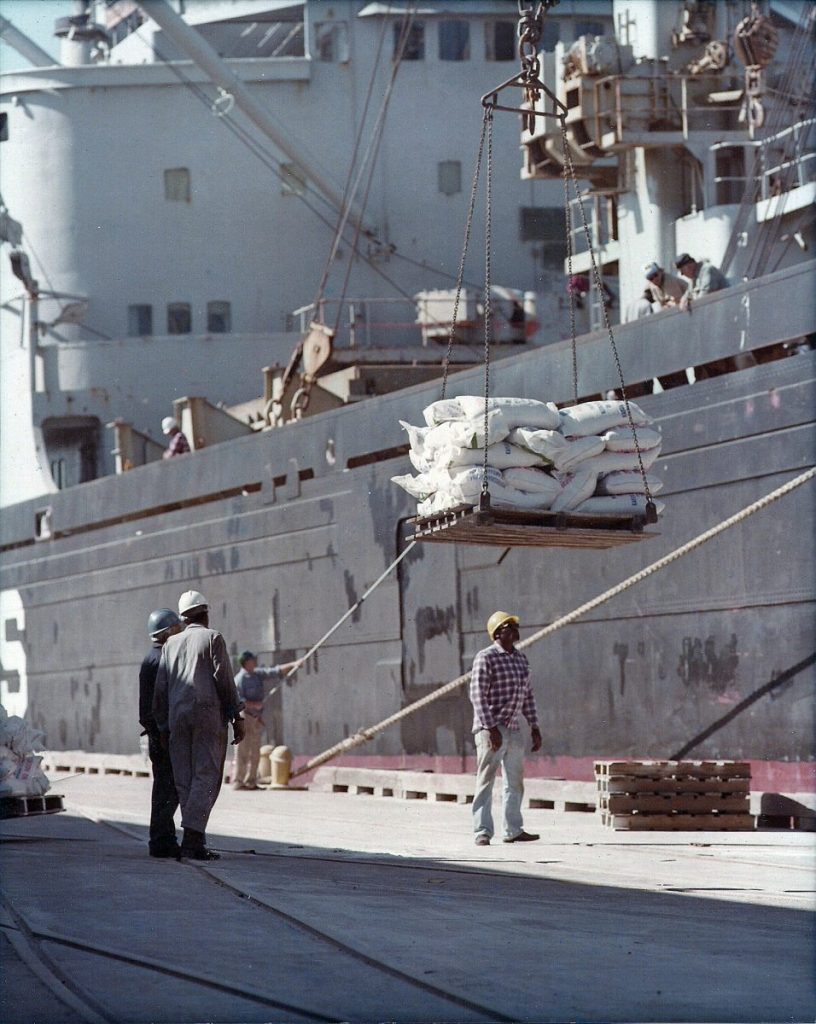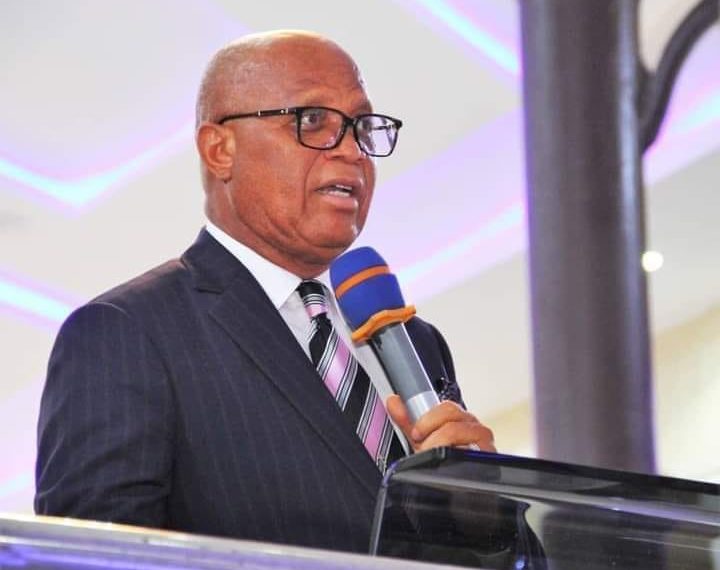Victor Ahiuma-Young
PETROLEUM and Natural Gas Senior Staff Association of Nigeria, PENGASSAN, has warned that import-driving deregulation will ruined the nation’s petroleum industry, even as it asked government to provide the necessary succour and palliative measures to assuage the impact of import-driven deregulation within the set a time-frame.
The association argued for the strong and genuine grievance of disadvantaged Nigerians in the hinterland and other difficult terrains where basic infrastructures for petroleum products transportation, distribution and marketing are inadequate or not in existence and would thus be denied the benefit of competitive pricing under a deregulated regime.
President of the association, Comrade Babatunde Ogun, proposed that such areas should continue to enjoy special bridging support like the Petroleum Equalisation Fund, PEF, until appropriate infrastructures were put in place for the areas within a specified time-frame.
“In view of the attendant implications of the sector to our economy, we reiterate and uphold the joint NUPENGASSAN position to stand by the Deregulation Policy that would swiftly serve as catalyst for needed local refining capacity within a specified timeframe. We call on government to ensure that the existing refineries perform optimally and new ones are built within a timeframe. It does not have to be giant refineries, but pockets of refineries across the country especially in oil producing states. Similarly, operators in the upstream sector must be made to refine a specific percent of their allocations locally.”
On the recent demand for removal of products’ subsidy by state governors to raise fund for the implementation of the N18.000 new minimum wage, the umbrella for senior staff in the oil industry said it was uncalled for.
“Although as labour, we see the imperativeness for the deregulation of the downstream sector of the oil and gas industry adopting the same approach use in the communication sector, where services and charges are getting stabilised by market forces due to wide range of choices now available to consumers within various economic and income brackets. However, we believe that whatever process the government is taking should be in phases. The phases will involve government performing its statutory obligations by putting in place some things that can make Nigerians derive maximum benefits from the system. For instance, the government should ensure that large chunk of crude produce in Nigeria is refined locally to meet local demand. There should be terminal date for gas flaring, as the gas can be captured to develop the power sector.”
“Our refineries should function at optimal capacity to boost local refining, while there is need for building of more refineries by private sector operators. Government should provide a level playing field and enabling environment to all private sector participants. Government should provide socio-economic relief measures to assuage impact of import-driven deregulation. There must be dredging and expansion of products loading and receiving terminals as well as fixing of other facilities. Without sharing in the interest of the governors whose call is a move to challenge fiscal federalism and application of excess crude money in the Sovereign Wealth (Trust) Fund, we strongly believe there is need to sustain the interest of investors and operators in the downstream sector whose business obligation is to continue to guarantee steady supply of petroleum products to make up for the big gap from the local refining capacity,” Comrade Ogun said.
He added that “It is also important that we encourage backward linkages by the downstream operators whose key condition for establishing refineries in Nigeria is that the market should be liberalised to enable them make fair margin within the dictates of market mechanisms.”



